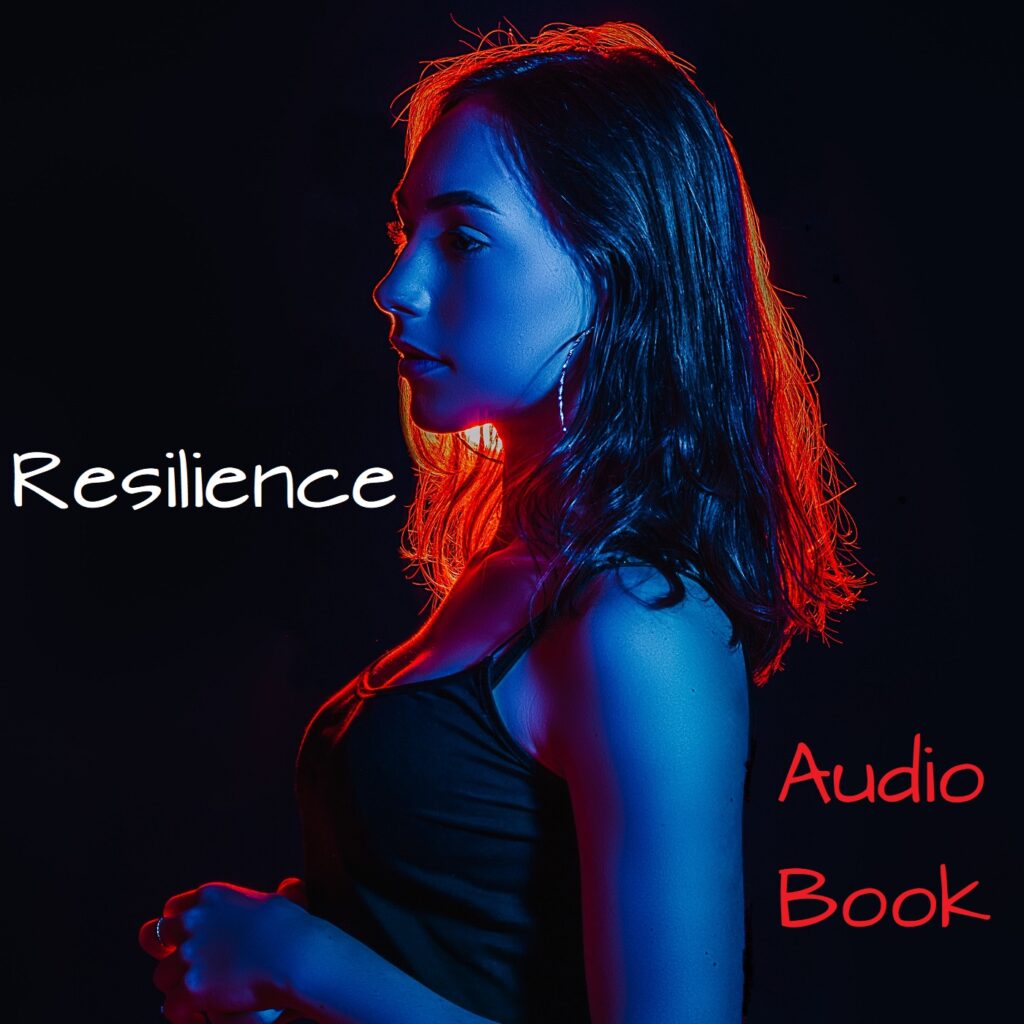Psychological resilience is the ability to cope mentally or emotionally with a crisis or to return to pre-crisis status quickly.
Life is not a bed of roses, and the earlier you realize this, the better for you.
Many people crash and even take their lives because they expected life to go easy on them.
This lack of resilience is one of the reasons many people are depressed in the world today.
It is also the reason many people have either taken or attempted to take their lives. According to the World Health Organization, around 800,000 people around the world kill themselves every year.
This guide was put together to enable you to build mental strength that can sustain you during the days of adversity.
Here is what you’ll learn:
- The one fact about life (and resilience) that most people don’t know.
- How to use adversity as a stepping stone to future success.
- 3 reasons why adversity is inevitable and how to come it.
- Why you should embrace challenges instead of avoiding them.
- 3 little known facts about adversity and how you can use them to your advantage.
- 6 rich and famous people who were molded in the furnace of adversity and what you can learn from them.
- The surprising benefits of being strong in the face of life’s obstacles.
- Why lack of resilience could literally cost you your life.
- How to exude confidence and tranquility even in the worst situations.
- 6 dangers of withering under life’s pressures and how to avoid them.
- How to build an unbreakable spirit that will help you take on life with courage.
- The quickest, easiest way to start seeing challenges as opportunities.
- How to bounce back after a setback and build resilience.

Resilience is the ability to adapt, bounce back, and recover from adversity, challenges, or difficult life events. It involves the capacity to withstand and navigate through setbacks, stressors, and trauma, ultimately emerging from these experiences stronger and more resourceful. Resilience is not a fixed trait but a dynamic skill that can be developed and enhanced over time. Here are some key aspects and strategies related to resilience:
- Positive Mindset:
- Cultivate a positive and optimistic outlook on life. Focus on your strengths and abilities, and practice self-compassion.
- Emotional Awareness:
- Understand and manage your emotions effectively. Emotional intelligence allows you to recognize and regulate your feelings in response to challenging situations.
- Strong Social Connections:
- Build and maintain supportive relationships with friends, family, and community. Social support is a significant factor in resilience.
- Problem-Solving Skills:
- Develop effective problem-solving and decision-making skills to address challenges and find solutions.
- Adaptability:
- Embrace change and adaptability. Being flexible in your thinking and approach can help you navigate uncertainty.
- Healthy Coping Mechanisms:
- Practice healthy coping mechanisms like exercise, meditation, deep breathing, or creative activities to manage stress and anxiety.
- Self-Care:
- Prioritize self-care and self-compassion. Taking care of your physical and mental well-being is essential for resilience.
- Goal Setting:
- Set realistic and achievable goals. Working towards meaningful objectives can provide a sense of purpose and motivation during difficult times.
- Maintain Perspective:
- Maintain a balanced perspective on setbacks. Understand that challenges are a part of life and can offer opportunities for growth and learning.
- Seek Support:
- Don’t hesitate to seek help from mental health professionals or support groups when facing overwhelming adversity or trauma.
- Develop Resilience Skills:
- Specific resilience-building skills, such as problem-solving, emotional regulation, and effective communication, can be learned and practiced.
- Learn from Setbacks:
- View setbacks and failures as opportunities for growth and learning. Reflect on what you can take away from challenging experiences.
- Maintain a Supportive Environment:
- Create an environment that supports your well-being and resilience. Surround yourself with positive influences and minimize exposure to unnecessary stressors.
- Stay Hopeful:
- Maintain hope and belief in your ability to overcome difficulties. Hope is a powerful motivator in building resilience.
- Build Resilience in Children:
- Help children develop resilience by providing them with a safe and supportive environment, teaching problem-solving skills, and encouraging emotional expression.
Resilience is not about avoiding adversity but about building the strength to face it head-on and grow from the experience. It’s a valuable skill that can help individuals thrive in the face of life’s challenges and setbacks. Remember that building resilience is an ongoing process that can lead to increased emotional well-being and a more resilient mindset.